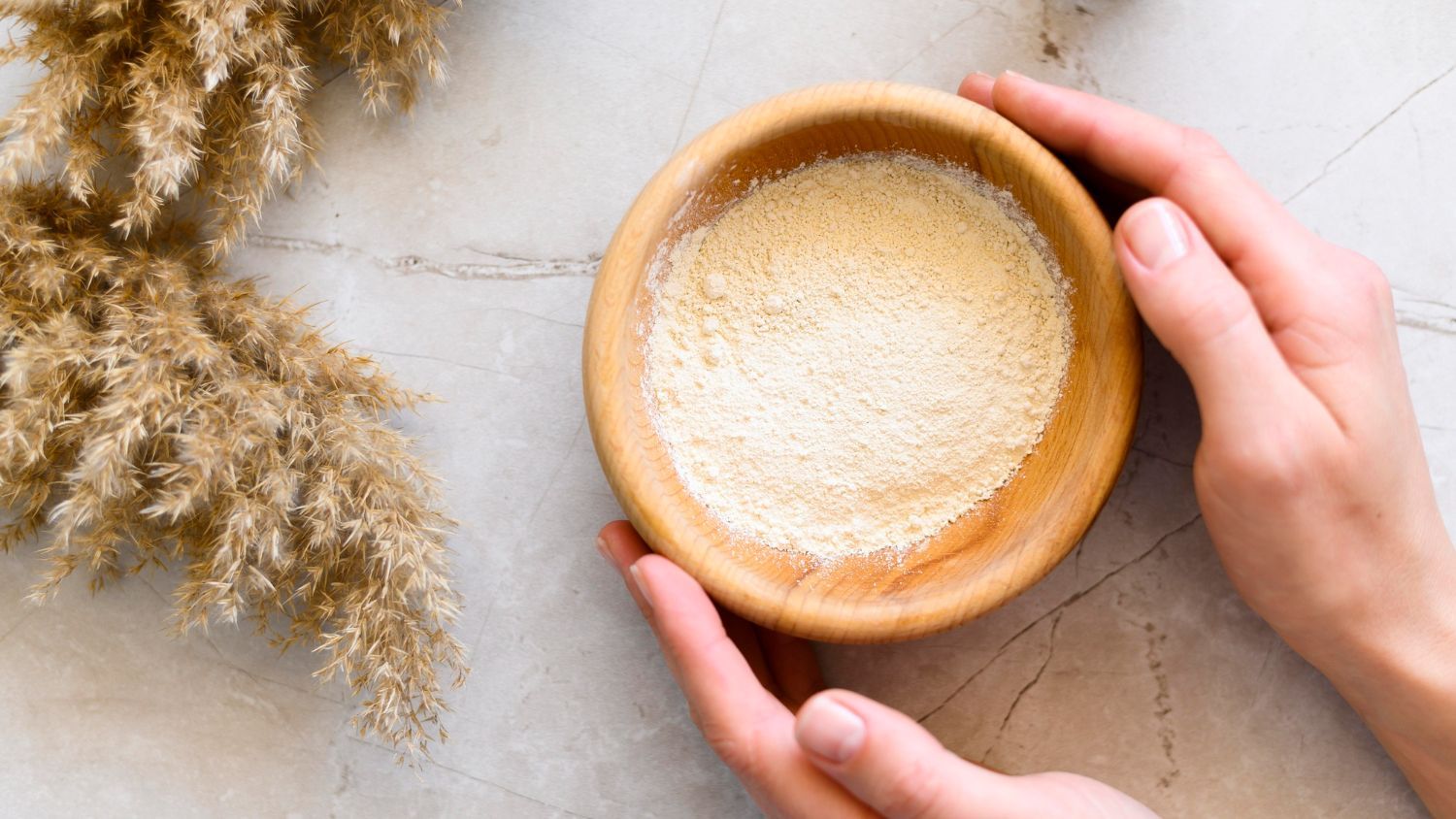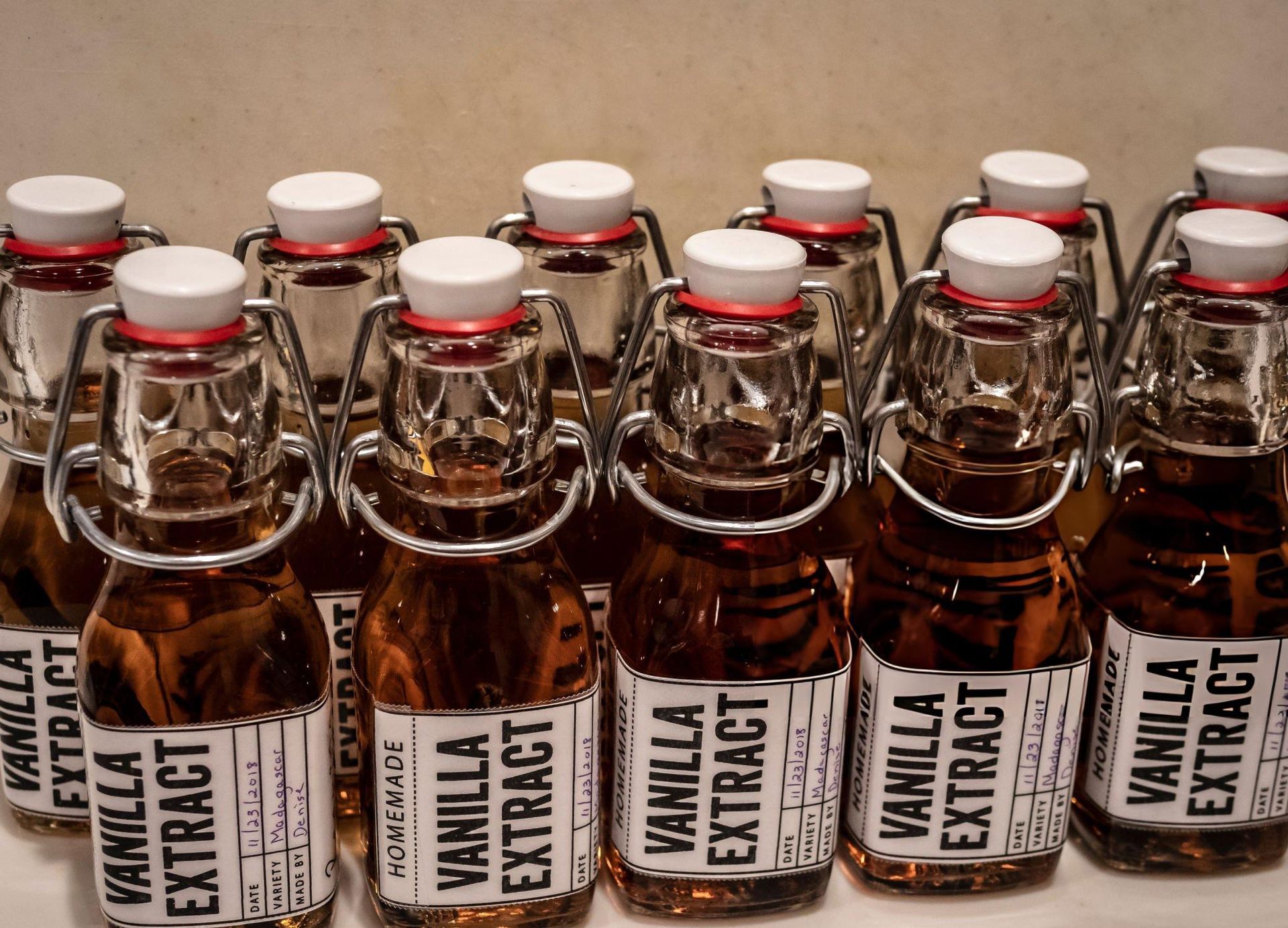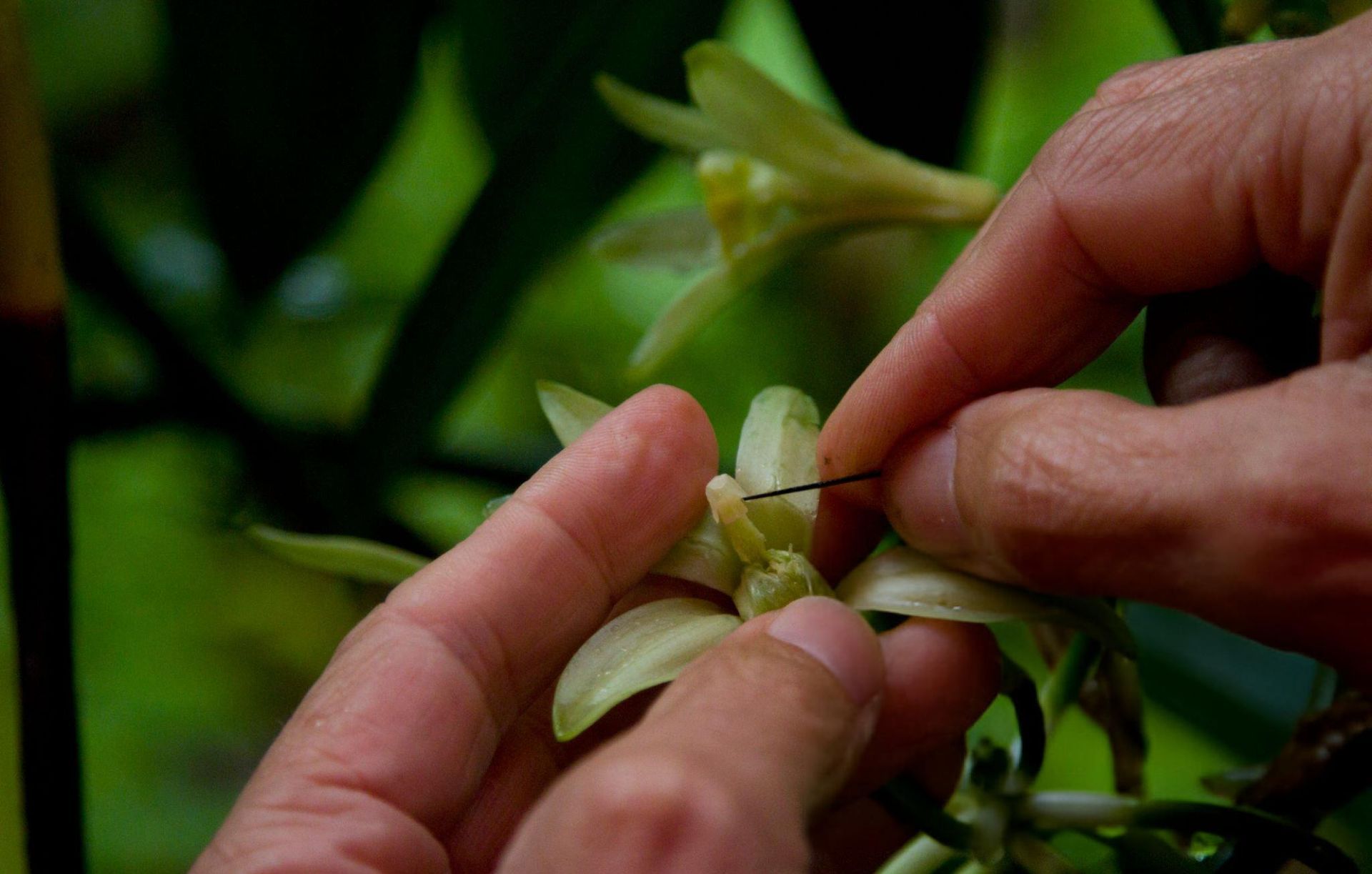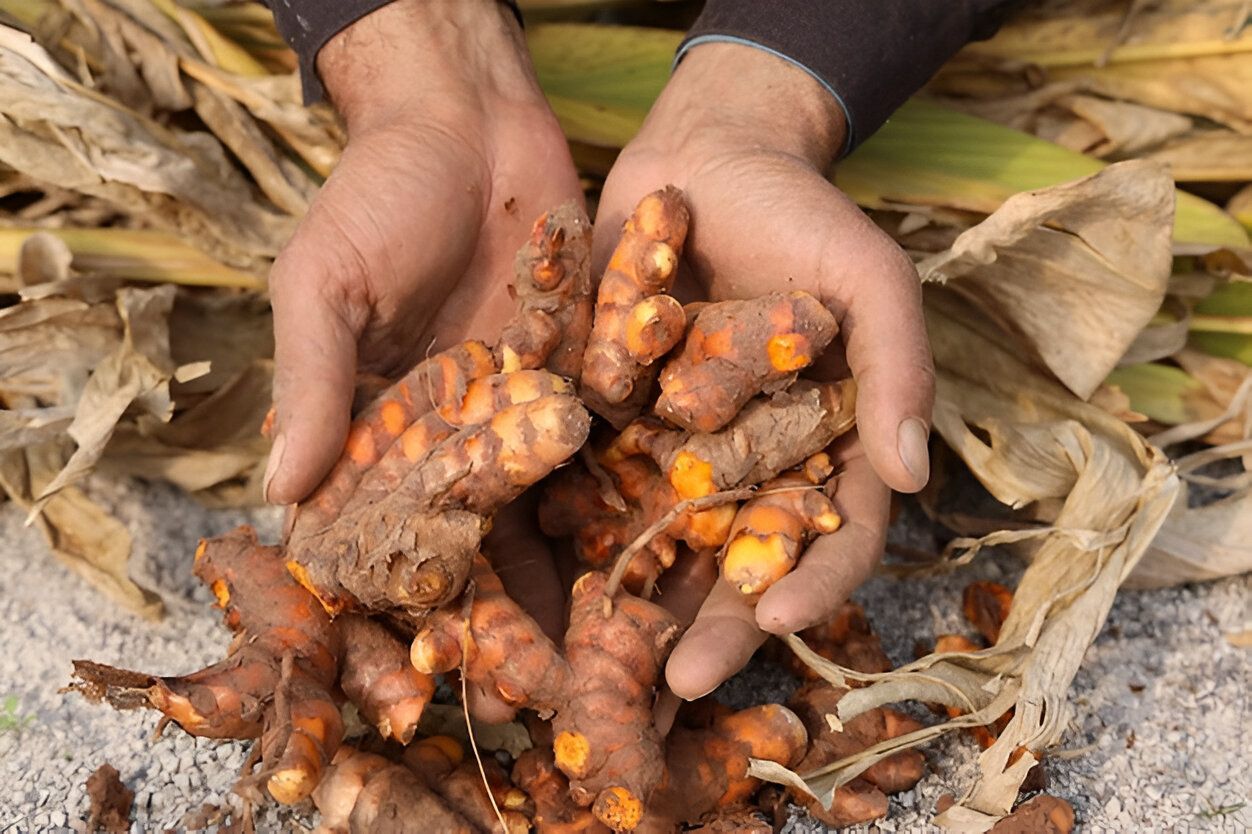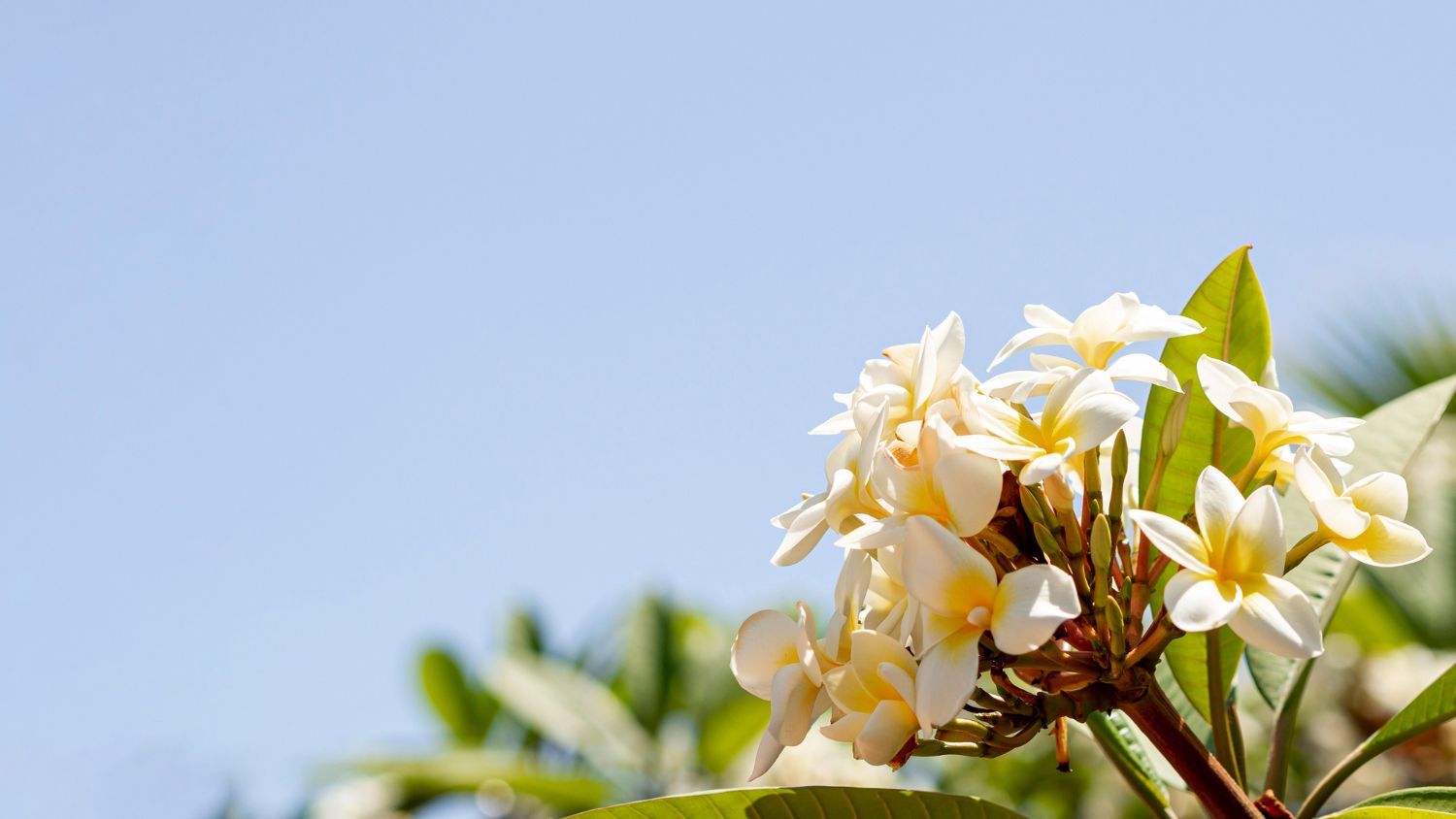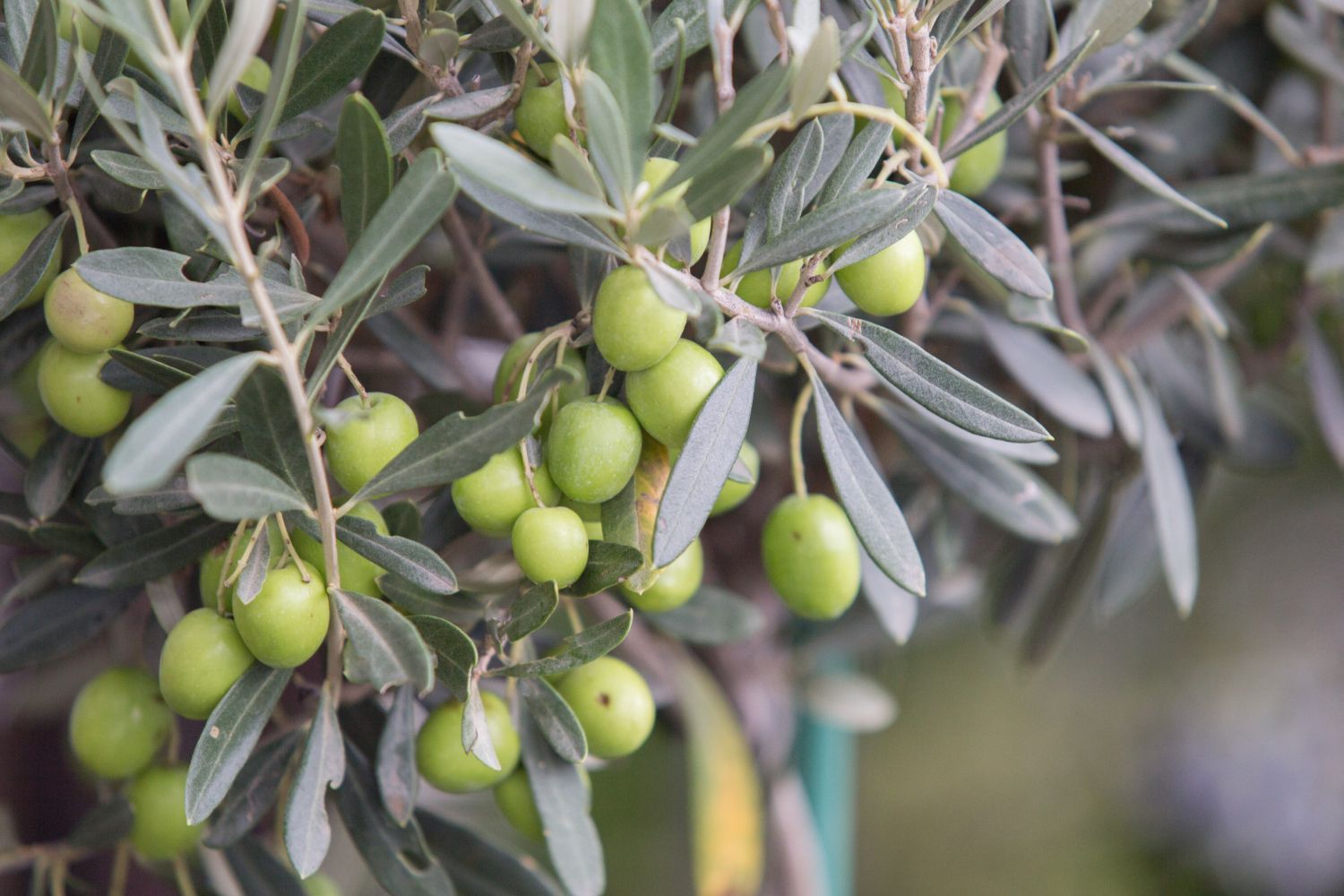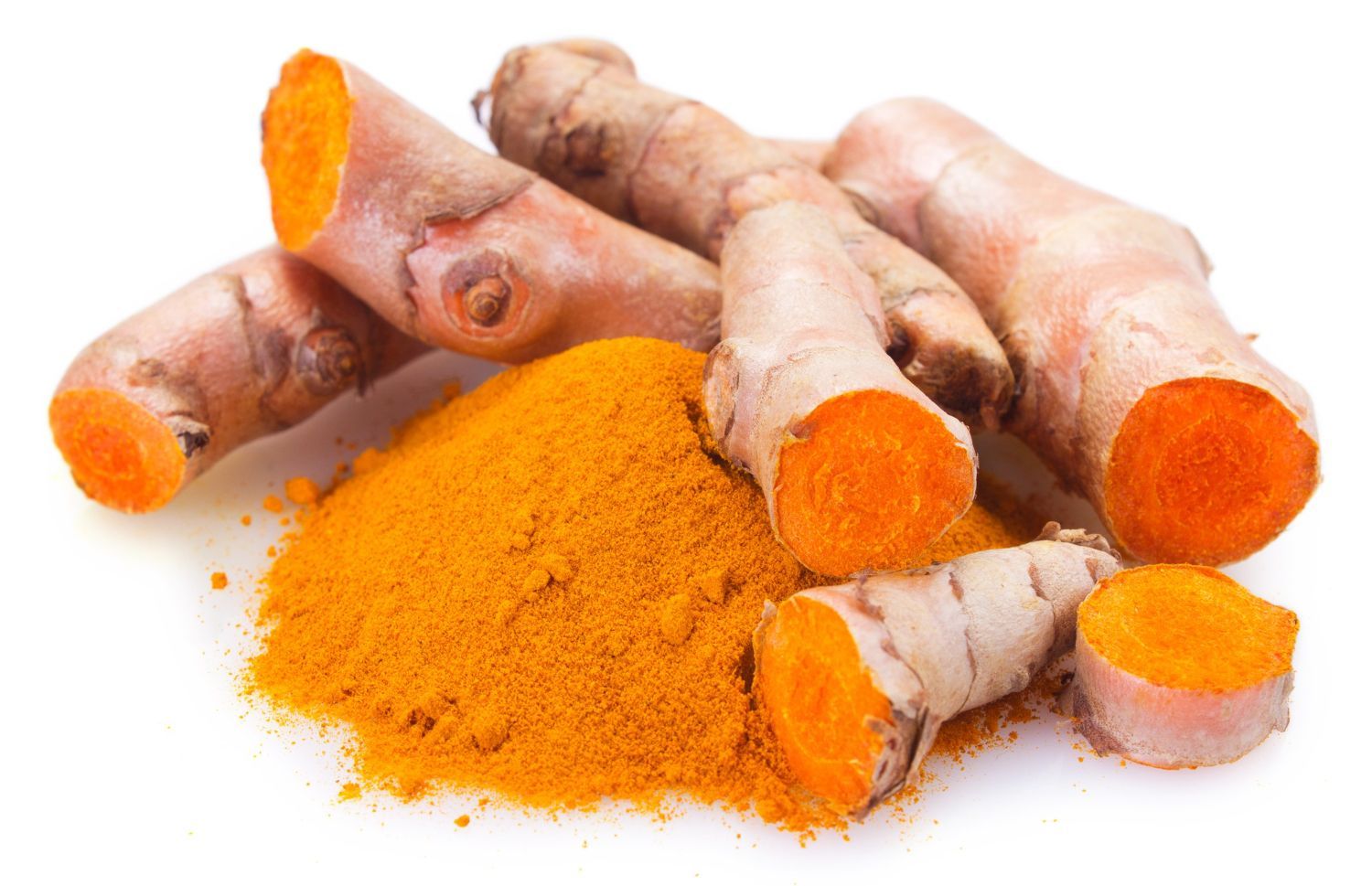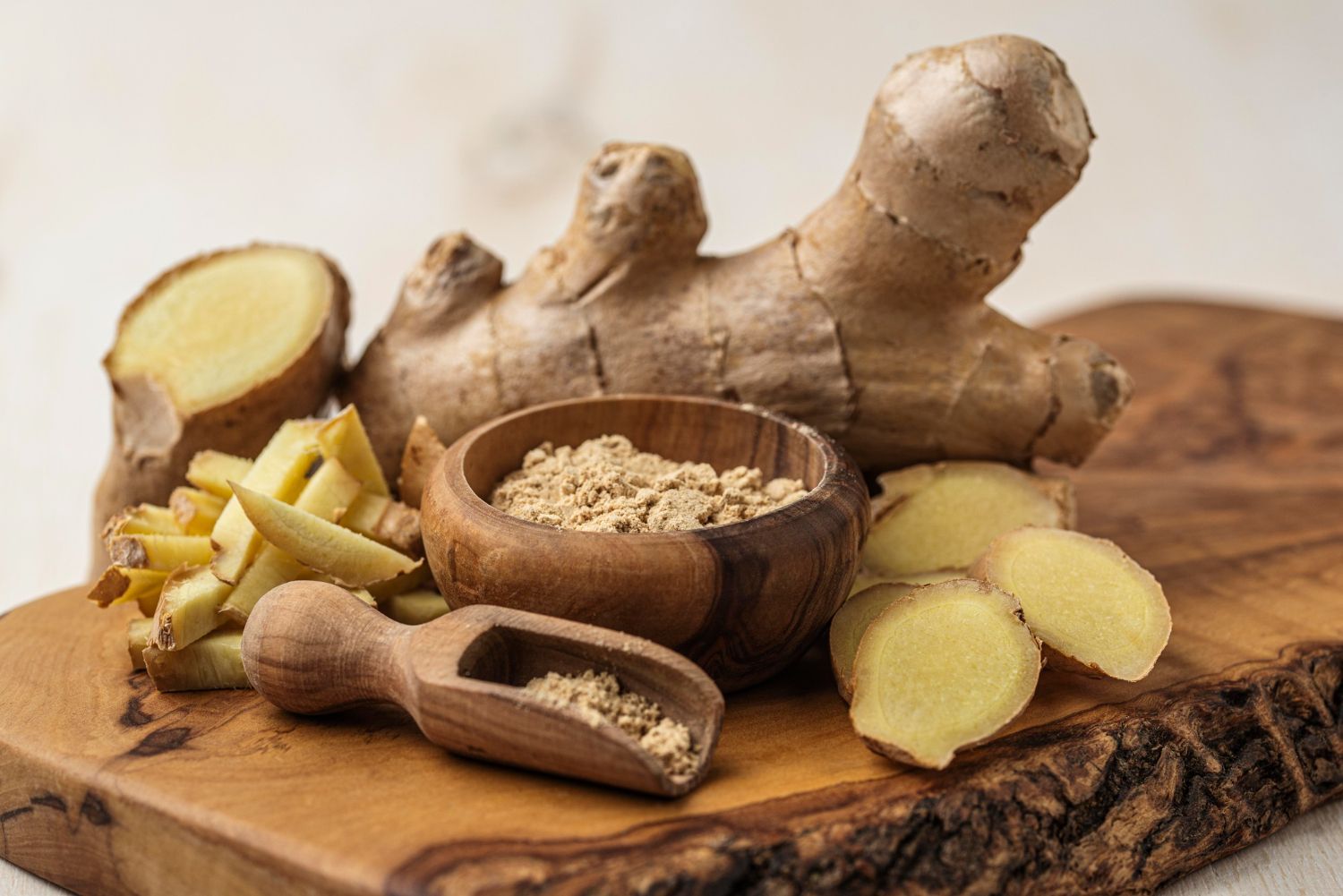Purple passion fruit, with its tangy flavor and bright color, often draws attention in Florida gardens. However, there are moments when these vines stop producing fruit, leaving gardeners puzzled. This can happen for several reasons, affecting not just backyard growers but also local farmers who depend on healthy yields. Understanding why this happens is key for keeping these vines fruitful throughout the growing season.
For Florida farmers, healthy passion fruit production means more than just an abundance of fruit. It's about maintaining a sustainable and thriving agricultural practice. When vines stop producing, it can disrupt operations and impact the local market. Knowing the potential causes helps growers manage their crops effectively, ensuring that they can continue to produce high-quality fruit year-round.
Understanding Purple Passion Fruit Vines
The purple passion fruit vine is a tropical plant known for its vigorous growth and prolific fruiting. In Florida, these vines thrive due to the warm climate and ample sunshine. However, they have specific growth habits and conditions they need to flourish.
- Growth Habits: Purple passion fruit vines can extend several feet, requiring sturdy support to climb. Trellises or fences often serve as the best structures for these vines.
- Ideal Conditions: These vines prefer well-drained soil and a lot of sunlight. They enjoy being in temperatures that range from 60 to 90 degrees Fahrenheit. When the temperature falls below this range, growth may slow down, impacting fruit production.
- Water Needs:
Passion fruit vines require consistent watering, especially during dry spells, but it's essential to prevent waterlogging, which can harm the roots.
Understanding these growth habits helps in maintaining a robust passion fruit vine. By providing the right structural support and ensuring the ideal conditions, growers can significantly boost their vines' productivity.
Common Reasons for Production Issues
If your passion fruit vines have stopped producing, several common factors might be at play. Each of these can disrupt the vine's natural ability to bear fruit, so addressing them is crucial.
1. Climate Factors:
While Florida's climate is generally favorable for passion fruit, occasional weather changes like unexpected cold snaps or prolonged droughts can stress the vines. These conditions may halt flowering, ultimately affecting fruit production.
2. Soil Quality:
The well-being of the soil directly influences vine health. Poor soil drainage, nutrient deficiencies, or imbalances can result in weak vines that struggle to produce fruit. Regular soil checks and amendments are necessary to maintain its fertility.
3. Pests and Diseases:
Passion fruit vines can fall prey to several pests and diseases. Aphids, caterpillars, and fungal infections are common threats. These issues can damage the leaves and flowers, reducing the vine's ability to produce fruit.
Tackling these production issues begins with recognizing the signs early on. By observing the vines regularly and addressing the climate, soil, and pest problems as they arise, growers can reduce the risk of halted production and ensure a fruitful yield.
Effective Solutions for Better Production
Addressing production issues requires a focused approach to ensure the health and productivity of passion fruit vines. Starting with soil health, it's vital to maintain a nutrient-rich environment. Organic matter, such as compost, can be added to improve soil fertility and structure. Regularly testing the soil can help identify any necessary adjustments, ensuring that the vines receive all essential nutrients.
Pest management is another important aspect. In Florida, common pests can be managed through environmentally friendly methods. For instance, introducing natural predators like ladybugs can help keep aphid populations in check. You can also implement barriers or netting to protect plants from larger pests.
When it comes to watering and fertilization, consistency is key. Water the vines deeply but less frequently to encourage deeper root growth. It's essential to avoid overwatering, which can lead to root rot and other problems. Fertilizing every few weeks with a balanced fertilizer can provide the necessary nutrients, but be careful not to over-fertilize, as excess nutrients can be harmful.
How to Enhance Production in the Long Run
Improving passion fruit production in the long term involves consistent care and attention. Regular monitoring is fundamental to catching potential problems early. By keeping an eye on vine health, you can make timely interventions, whether it’s adjusting water and nutrient levels or addressing pest concerns.
Seasonal care is also crucial. For Florida growers, this means adapting care practices to fit the climate. During the dry season, more frequent watering may be necessary, while in the rainy season, ensuring proper drainage becomes important to prevent waterlogged roots.
Selecting healthy plants for propagation is another way to boost long-term production. Start with disease-resistant varieties that are well suited to Florida's environment. Regularly prune the vines to remove dead or crowded branches, which can improve air circulation and sunlight exposure, promoting better fruit growth.
Bringing Back the Bounty: Healthy Vines for Florida Growers
To sum it up, maintaining productive passion fruit vines in Florida requires a combination of the right knowledge and consistent practice. By understanding their specific needs and potential challenges, growers can address issues proactively. This not only ensures a healthy yield but supports sustainable farming practices that benefit both farmers and the environment.
Taking proactive steps in monitoring and care leads to a fruitful harvest. By applying the recommended strategies and tailoring them to Florida's unique climate, you can enjoy a bountiful supply of purple passion fruit, enriching both your garden and the local market.
Elevate your growing experience by exploring the nurturing process of Florida-grown vanilla with Sunshine State Vanilla. Delve into the quality and care that sets our farming apart. Discover how our
Florida-grown vanilla can support your gardening journey.


